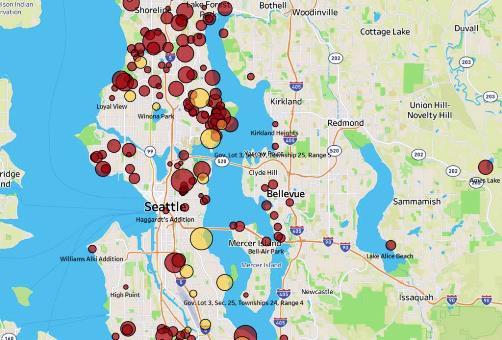Staff University of Washington
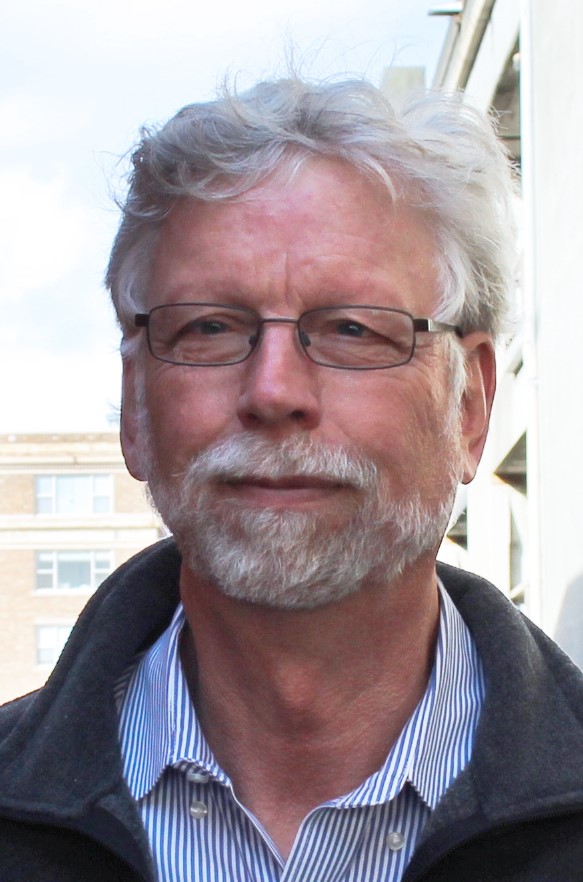
James Gregory is a Professor of History and director of the UW Racial Restrictive Covenants Project which is part of the
Civil Rights and Labor History Consortium at the University of Washington. His prize-winning books and many articles focus on American labor, civil rights, and migration history. He has been researching the history of segregation in Seattle and Washington State since 2005. In recognition of this work, he received the 2024
John Lewis Award for History and Social Justice from the American Historical Association (AHA).
Amanda Miller,
Project Manager
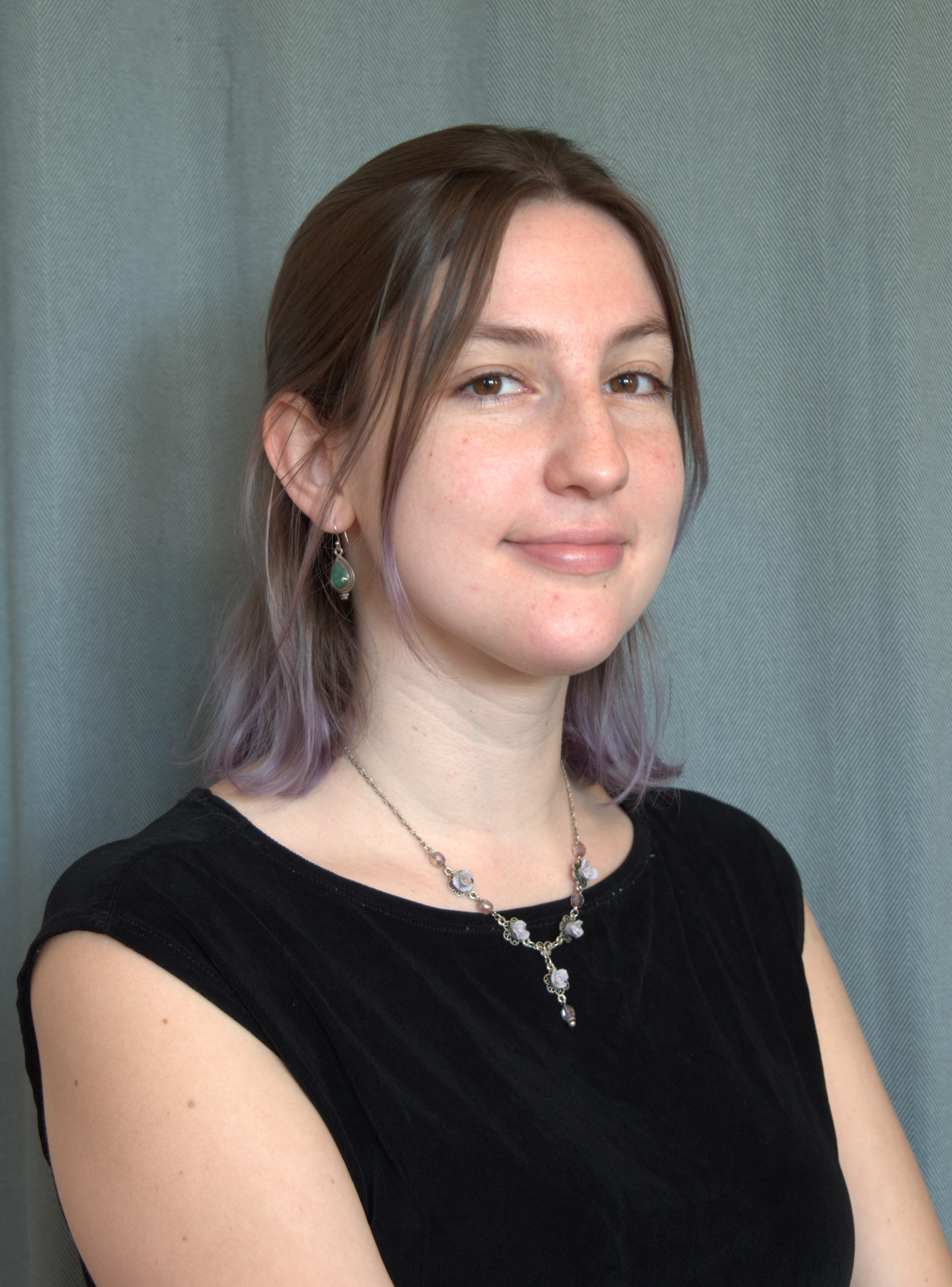
Amanda Miller is pursuing dual master's degree in Library Information Science and Public History from Wayne State University. She worked as a research associate for the Racial Restrictive Covenants and Mapping American Social Movements projects as an undergraduate at UW and has recently rejoined the team as project manager, overseeing research, data development, outreach, and other activities.
Sophie Belz,
Senior Research Associate
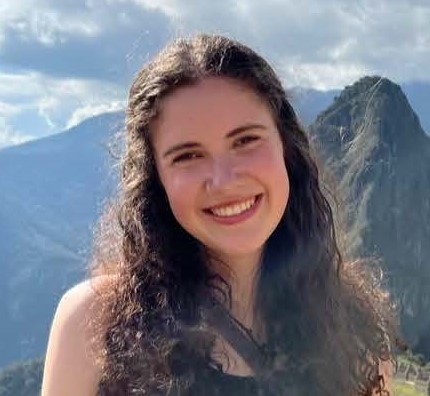
Sophie graduated from the University of Washington in 2024 with a degree in History and minor in Labor Studies. As a research associate she is involved in research, data management, and coordinates community outreach for the project.
Liz Peng,
GIS specialist
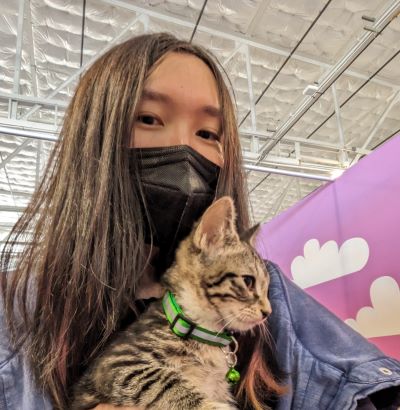
Liz Peng is a PhD student in the Geography Department UW with concentrations in queer and feminist geography, critical GIS, and space, technology & society. Their research focuses on AI and representation in digital space. As a GIS specialist, they are involved in the design and development of the new and updated ArcGIS maps and dashboards.
Nadini Baliyan, Software engineer/Programmer

Nandini works on the programming and technology for the project. She is currently a junior studying computer science at the UW. She likes to spend her free time trying out new cafes, collecting blind boxes, and playing League of Legends.
Ella Gouran,
Research Associate
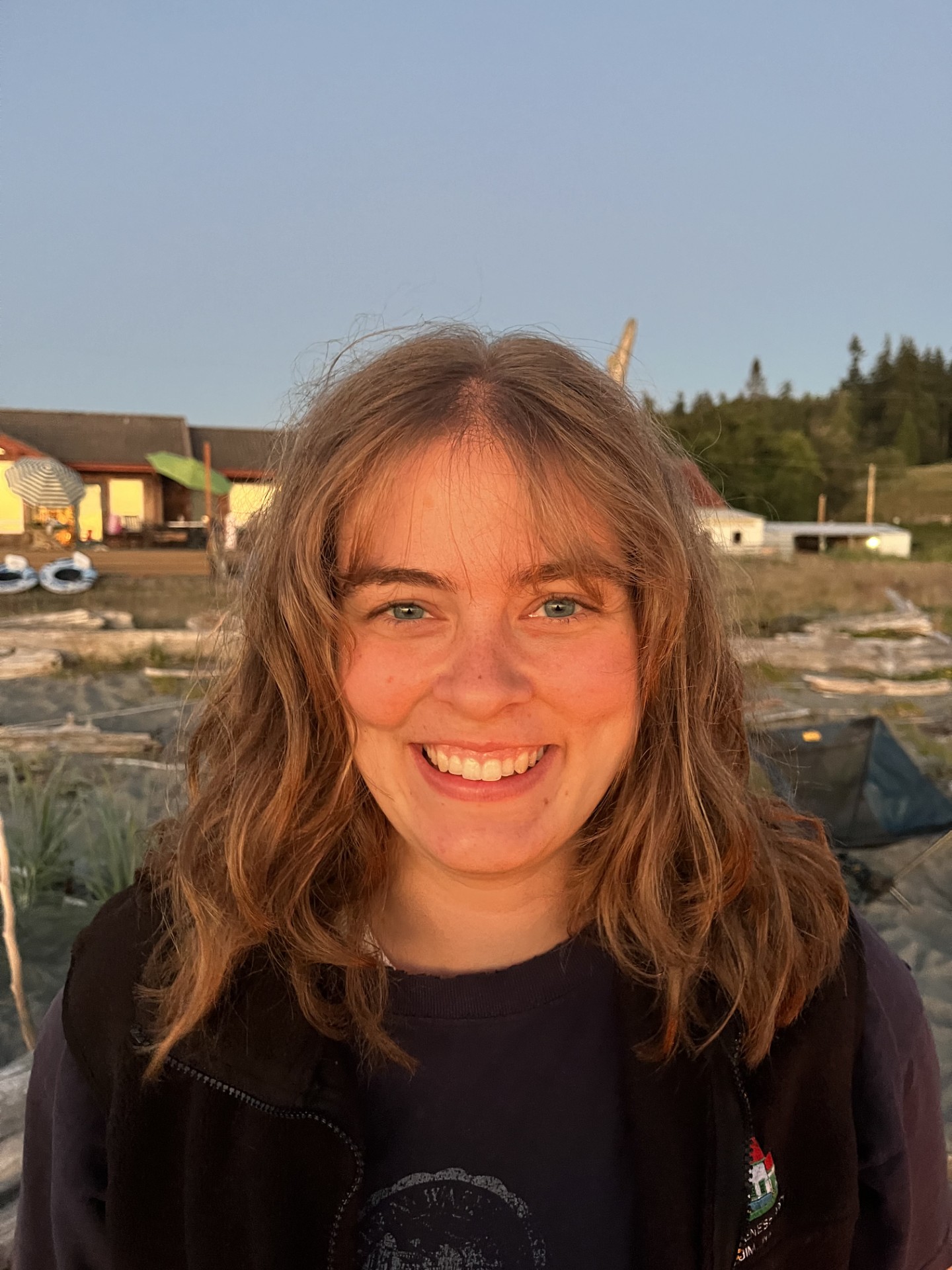
Ella graduated from the University of Washington in 2025 with a degree in History with a concentration on Race, Gender, and Power. She is particularly interested in environmental history and how histories of the environment shape the present. As a research associate, she is involved in research, data management, and community outreach.
Ari Bleu Conboy,
Research Associate
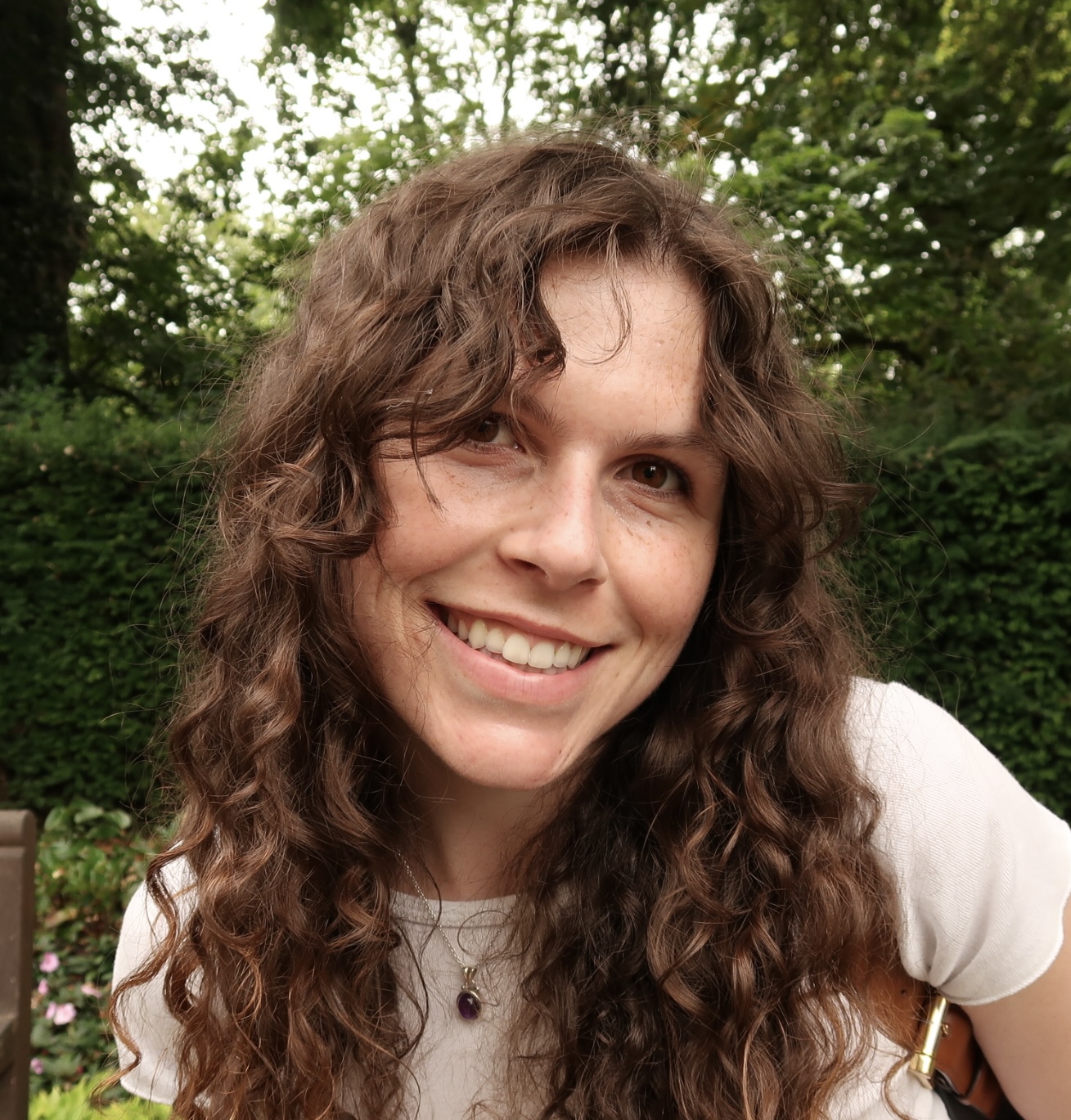
Ari is a student at the University of Washington majoring in Political Science and minoring in International Studies and Labor Studies. She is particularly interested in international politics as well as the history of labor and capitalism. As a research associate, she is involved in research, data management, and community outreach.
Emma Mantovani,
Research Associate

I am a sophomore double majoring in history and economics at UW. I am interested specifically in migration and how population movements have shaped cultural and political dynamics. So far as a research associate, I have been involved in research, data management, and community outreach.
Bryce Penick,
Research Associate

Bryce graduated from the University of Washington in 2025 majoring in Geography: Data Science and History with a concentration in Race, Gender and Power. He is specifically interested in studying the ways in which geography shapes historical events and can be used as a tool for both oppression and resistance. As a research associate, he is involved in research, data management, and community outreach.
Annika Tuohey, Research Associate

Annika graduated from the University of Washington in 2025 double majoring in History and Communications. She is particularly interested in American social history and labor history. As a research associate, she is involved in research, data management, and community outreach.
Eric Johnson,
Technology Consultant
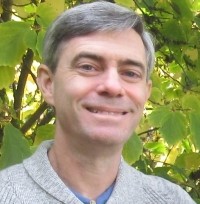
Dr. Eric Johnson is Director of Technical Services and Affiliate Assistant Professor in the Department of History
Sophia Dowling,
Project Manager 2021-2024
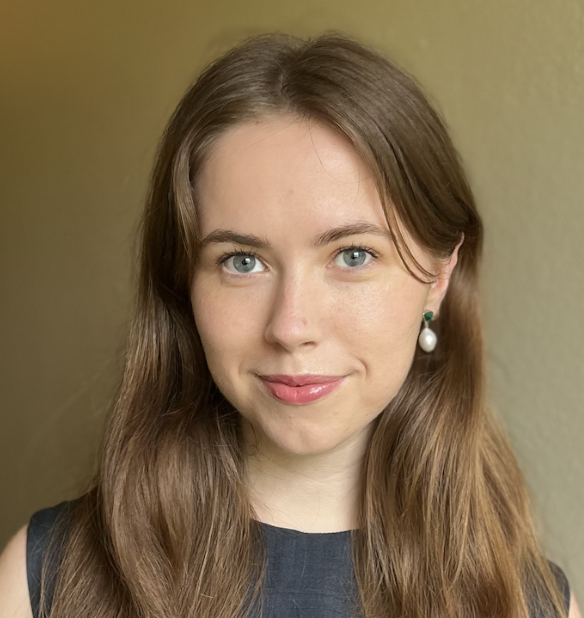
As project manager Sophia Dowling oversaw research, data development, outreach, and other activities. She graduated from the University of Washington in 2022, majoring in both History and the
Comparative History of Ideas.
Nicholas Boren, Software engineer/ Programmer, 2021-2024
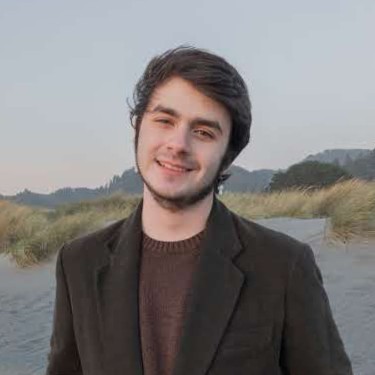
Nicholas Boren handled programming and technology for the project from 2021 to 2024. He developed the computer programs that search for racial restrictions in millions of property records that counties made available. Nicholas graduated from the University of Washington majoring in Informatics in 2024.
Runsen Wu, Software engineer/Programmer, 2024-2025

Wu handled programming and technology for the project. He graduated in 2024 from the University of Washington with a major in Computer Science.
Isabel Smith,
Research Associate, 2023-24
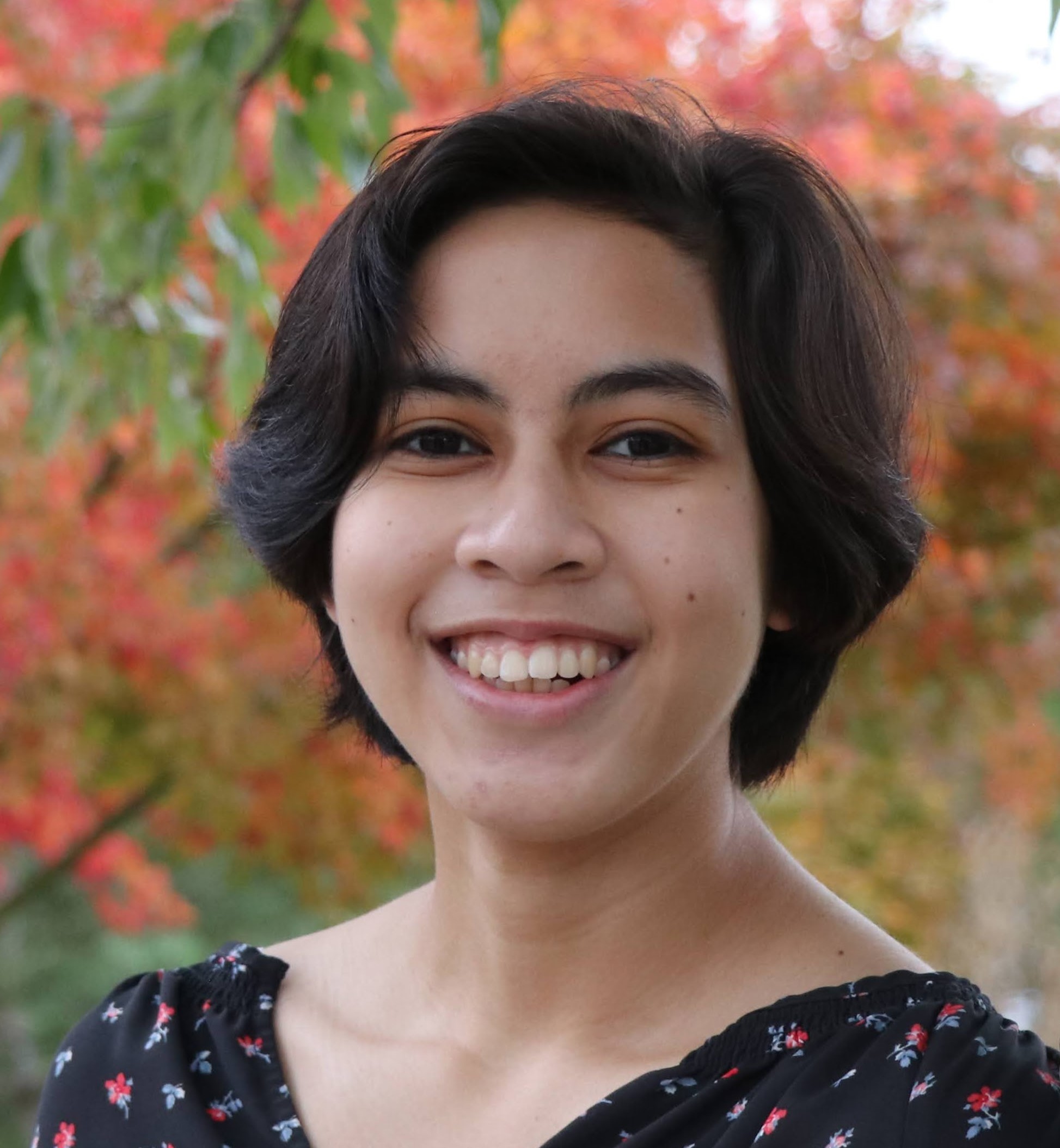
Isabel is a student at the University of Washington studying Journalism and Political Science with a focus on American Politics.
David Cunningham,
Research Associate 2023-2024
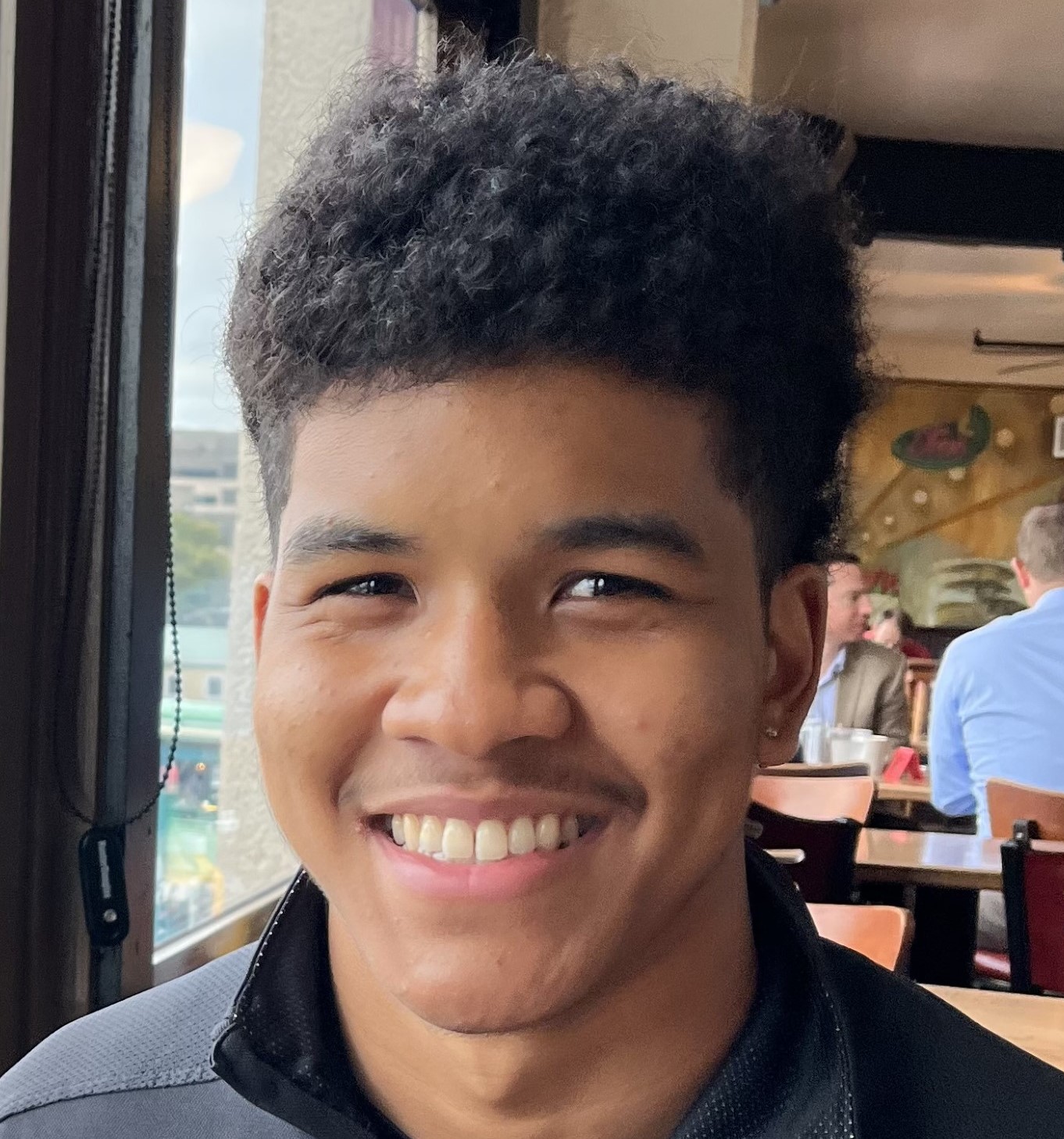
David Cunningham is a student at the University of Washington majoring in Accounting with a minor in Korean.
Samantha Cutts,
Research Associate 2022-2023
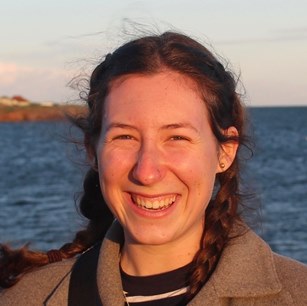
Samantha Cutts graduated in 2023 from the University of Washington where she majored in history and international studies.
Erin Miller,
Research Associate 2022-2023
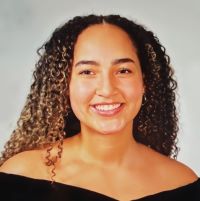
Erin Miller graduated from the University of
Washington majoring in Law, Societies, and Justice
with a minor in Informatics.
Alvin Bui,
Project Coordinator 2022

Dr. Alvin Bui earned his PhD at the University of Washington in 2024 and is currently an Assistant Professor of History at Brooklyn College (CCNY).
Jazzlynn Woods,
Senior Research Associate 2021-22
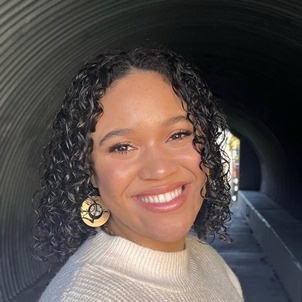
Jazzlynn Woods was the first student to join the project and became Senior Research Associate in 2022, coordinating community engagement and volunteer training as well as data management and research. She graduated from the University of Washington in 2022.
Madison Heslop, Project Coordinator 2021-22
Dr. Madison Heslop is an assistant professor at the Western Washington University. She served as project coordinator in the initial year of the project.
Staff Eastern Washington University
Larry Cebula, Managing Director
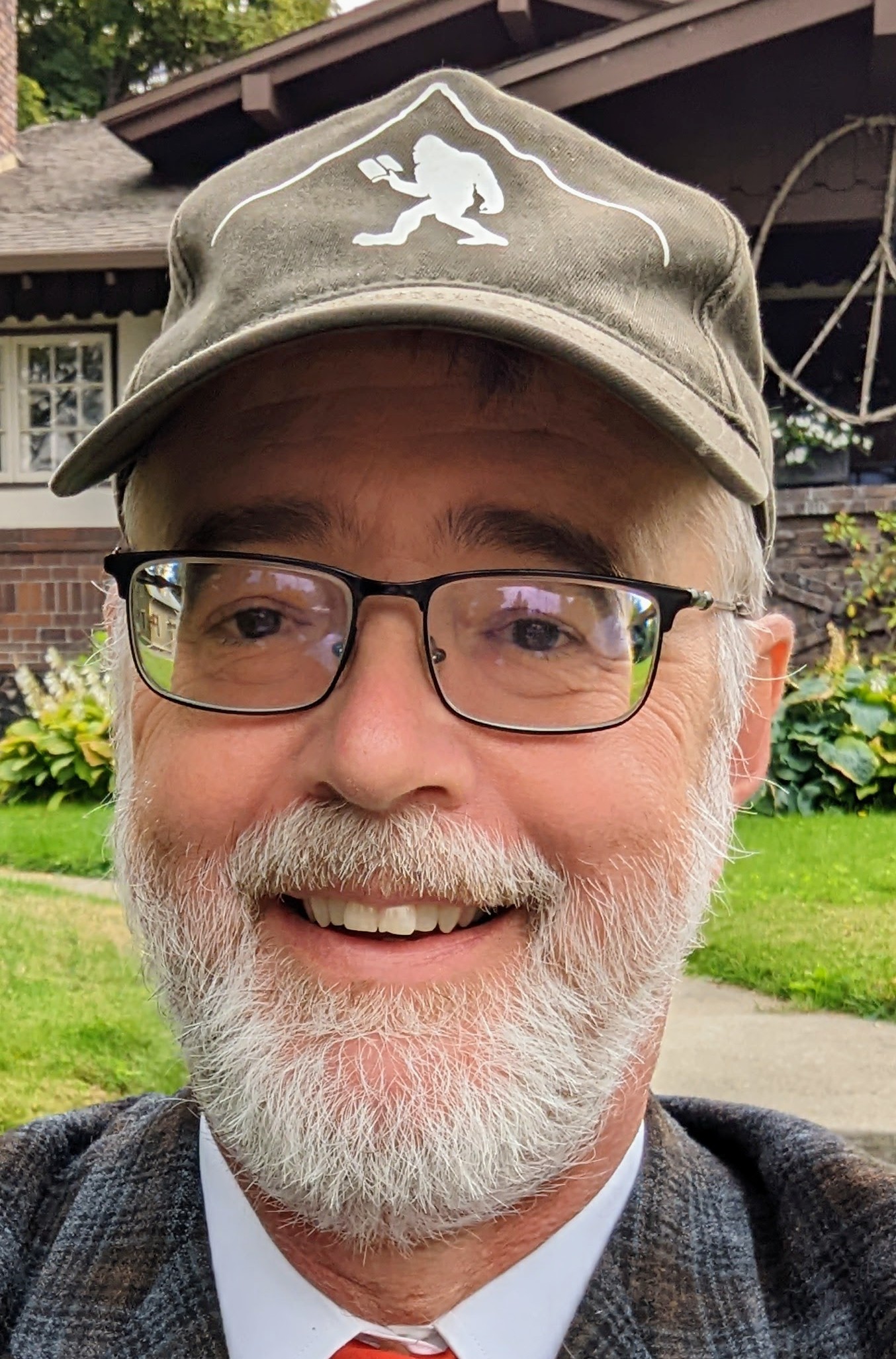
Dr. Larry Cebula is a public historian. He is a Professor of History at Eastern Washington University and the Assistant Digital Archivist at the Washington State Archives, Digital Archives. His publications include Plateau Indians and the Quest for Spiritual Power (Nebraska, 2003) and Nearby History, Exploring the Past Around You 4th ed. (Rowan and Littlefield, 2020). He is the editor of SpokaneHistorical.org, a website and smartphone app for regional history. Cebula’s doctorate is from the College of William and Mary, where he is the only PhD candidate to have mastered the Kobayashi-Maru scenario.
Tara Kelly, Director of Research
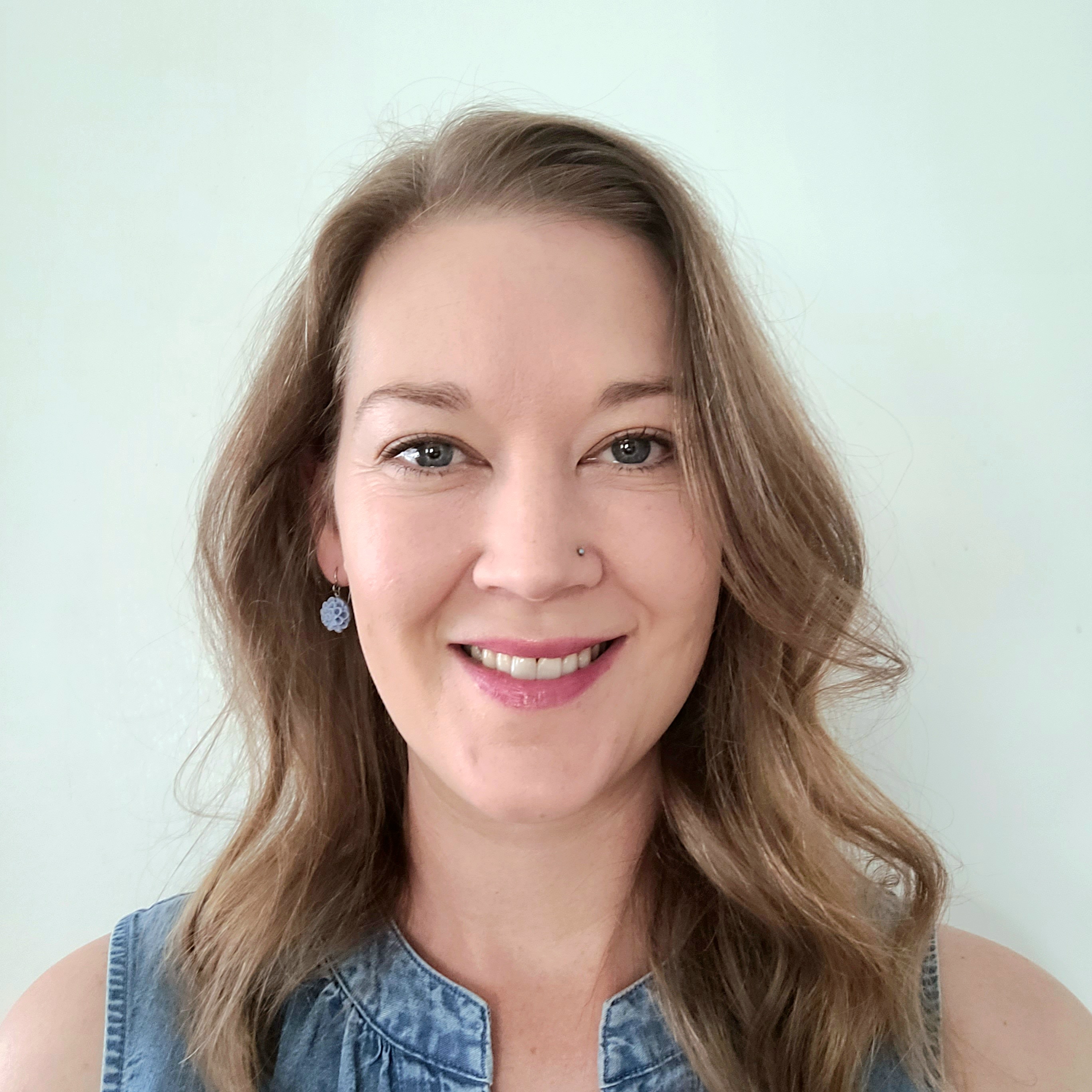
Dr. Tara Kelly is trained as a Sociocultural Anthropologist. While a proud native Washingtonian (BA, Anthropology U. WA), she also had the opportunity to earn her doctorate in medical anthropology from the University of Oxford. Her academic research focused on ethnomedicine and ethnobotany in West Africa (Cameroon). In addition to multiple years of international fieldwork research, Tara has conducted applied research for Seattle and Spokane based nonprofits and consulting firms specializing in equitable and accessible healthcare for diverse and vulnerable communities.
Logan Camporeale, Senior Consultant

Logan Camporeale is a Historic Preservation Specialist with the city of Spokane’s Historic Preservation Office. He graduated with an MA in History from Eastern Washington University, where he also completed a two-year graduate assistantship at the Washington State Archives’ Digital Archives. Logan previously served as a Historian and Volunteer Coordinator for the Northwest Museum of Arts & Culture. Logan spearheaded this important research and project on segregated housing policies in mid-century Spokane.
Josué Q. Estrada,
CWU Senior Consultant
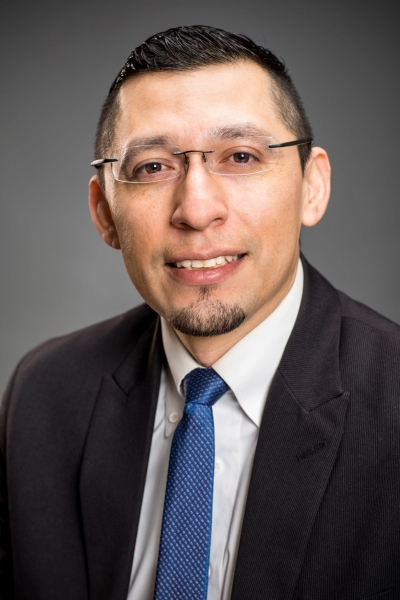
Dr. Josué Q. Estrada is an Assistant Professor of History at Central Washington University. He researches and writes about the Latino/a voting rights movement in the Pacific Northwest. He is a contributor/coordinator with the Seattle Civil Rights & Labor History Project and the Mapping American Social Movements Project. He earned his PhD from the University of Washington’s Department of History program.
Ulysis Cruz–Antonio,
Research Associate
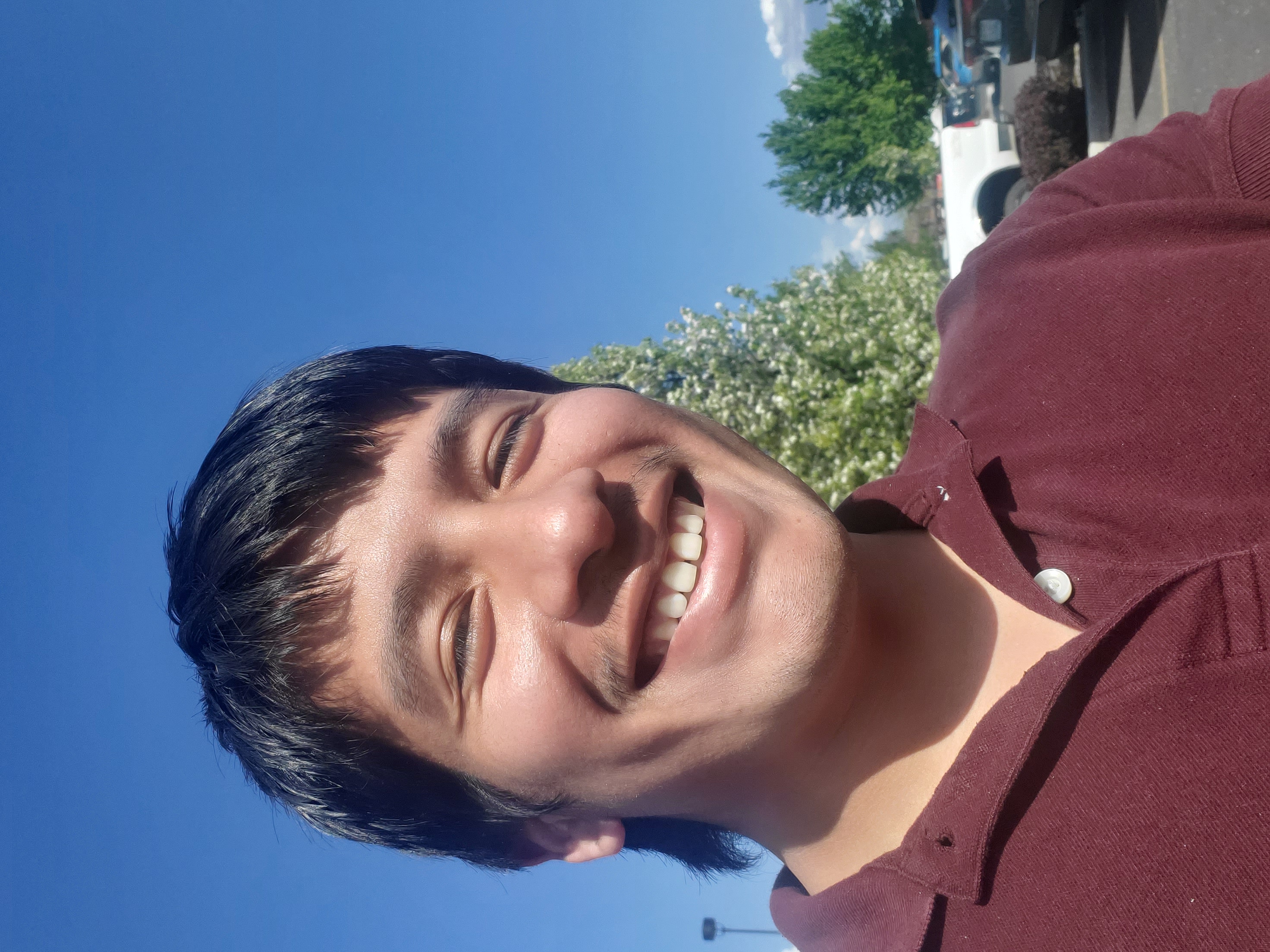
Ulysis Cruz–Antonio is a History graduate student and teaching assistant at Central Washington University (CWU). His field of study is twentieth century U.S. history, with an emphasis on U.S. empire, race, and migration. He previously earned his BA from CWU, where he Majored in History and Minored in Religious Studies.
Rachael Low,
Research Associate
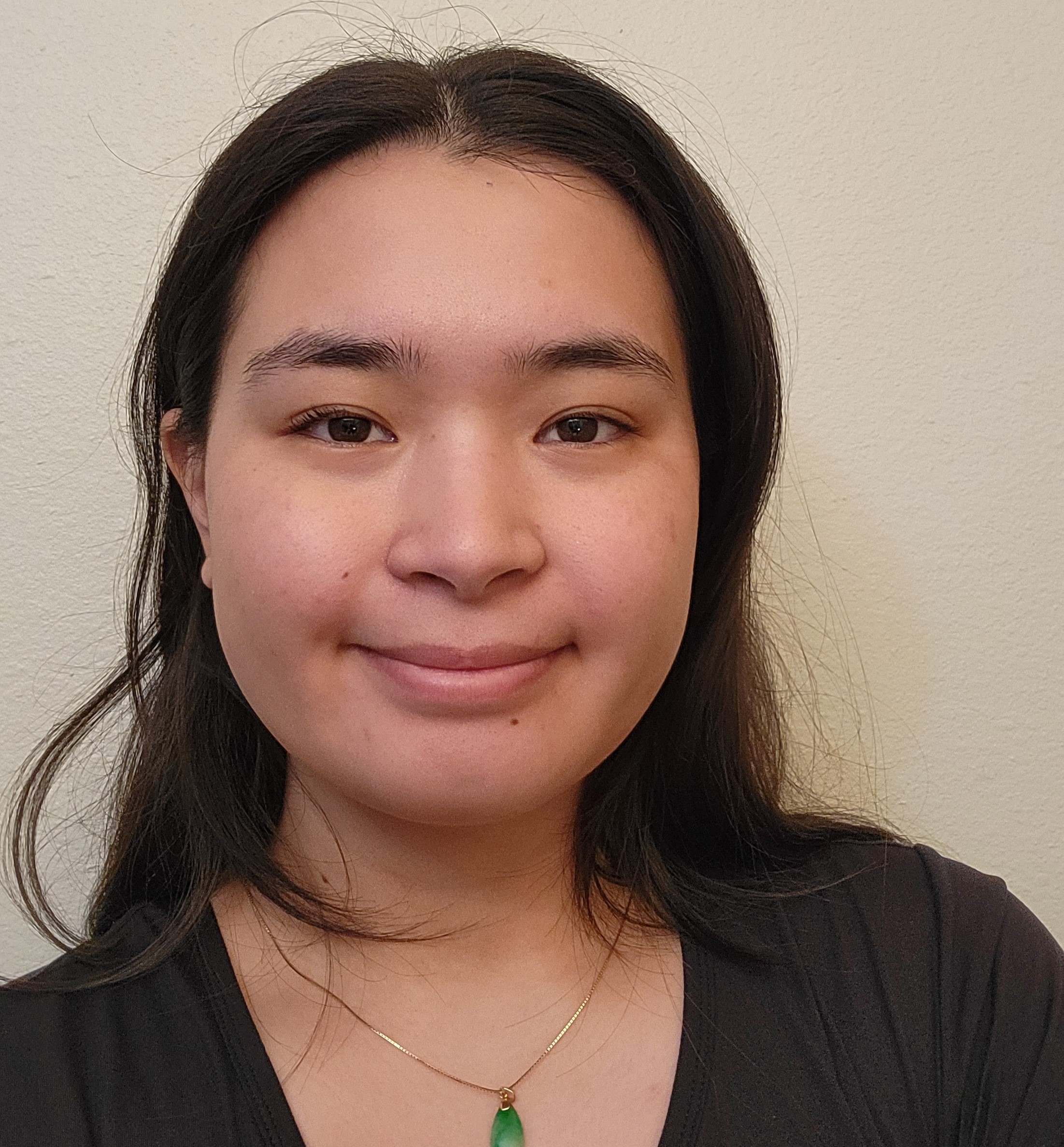
Rachael Low graduated from Eastern Washington majoring in History. Her Historical interests are in World War II History and Asian American History. Rachael is considering a grad degree in Museum Studies and wants to work as a collection manager.
Zachary Welsh,
Research Associate 2022-23
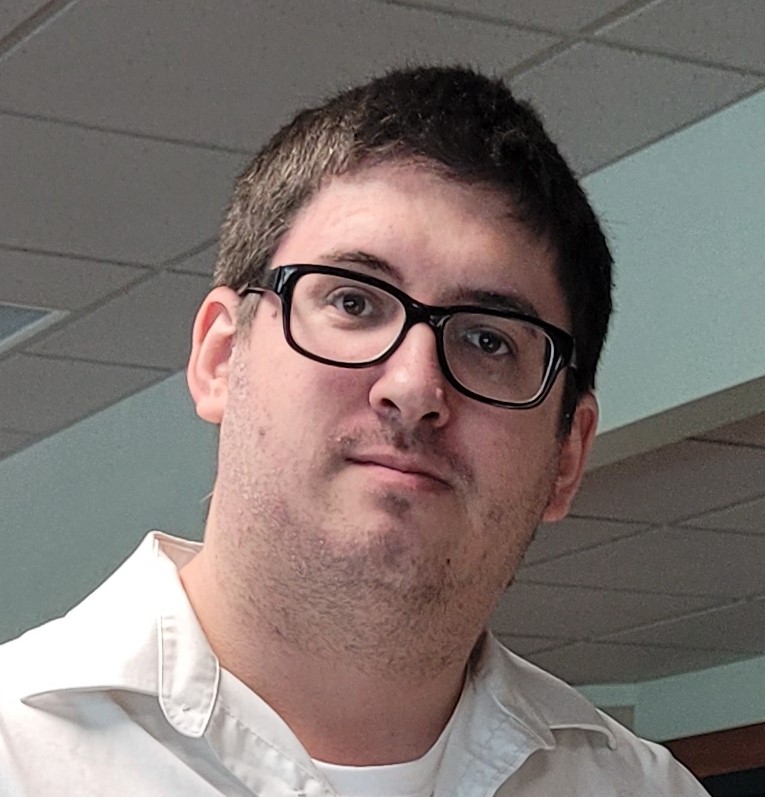
Zachary Welsh graduated from Eastern Washington University majoring in History. His historical interests center on ancient scientific innovations and technologies.
Colton Schons,
Research Associate 2022-23
Colton Schons was a History major at the University of Washington. He has research interests in historiography and philosophy of history, 19th century European and American social and environmental history, and Jewish studies.

